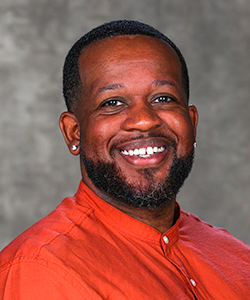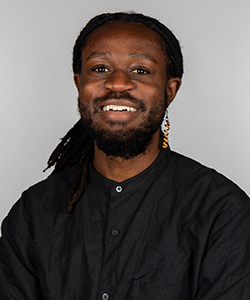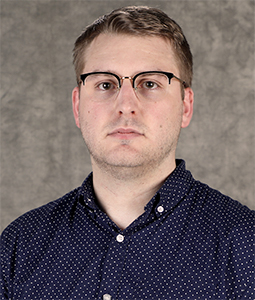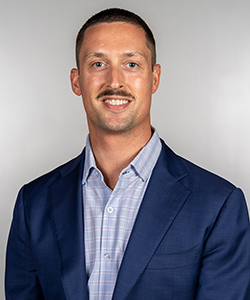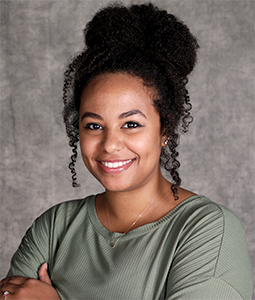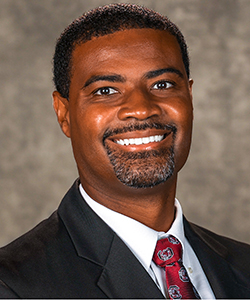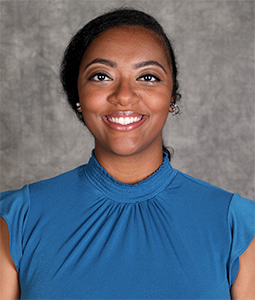
Candice L. Edrington, Ph.D.
Candice L. Edrington identifies herself as a scholar-activist. Her teaching and research focuses on public relations, social movements, visual rhetoric, and social media. Before earning her Ph.D., she gained professional experience in communication and public relations via capacities such as: independent public relations consultant, coordinator of communications, and director of engagement. In the classroom, her goal is to facilitate the co-creation of knowledge through critical thinking, relationship building and hands on experience.
